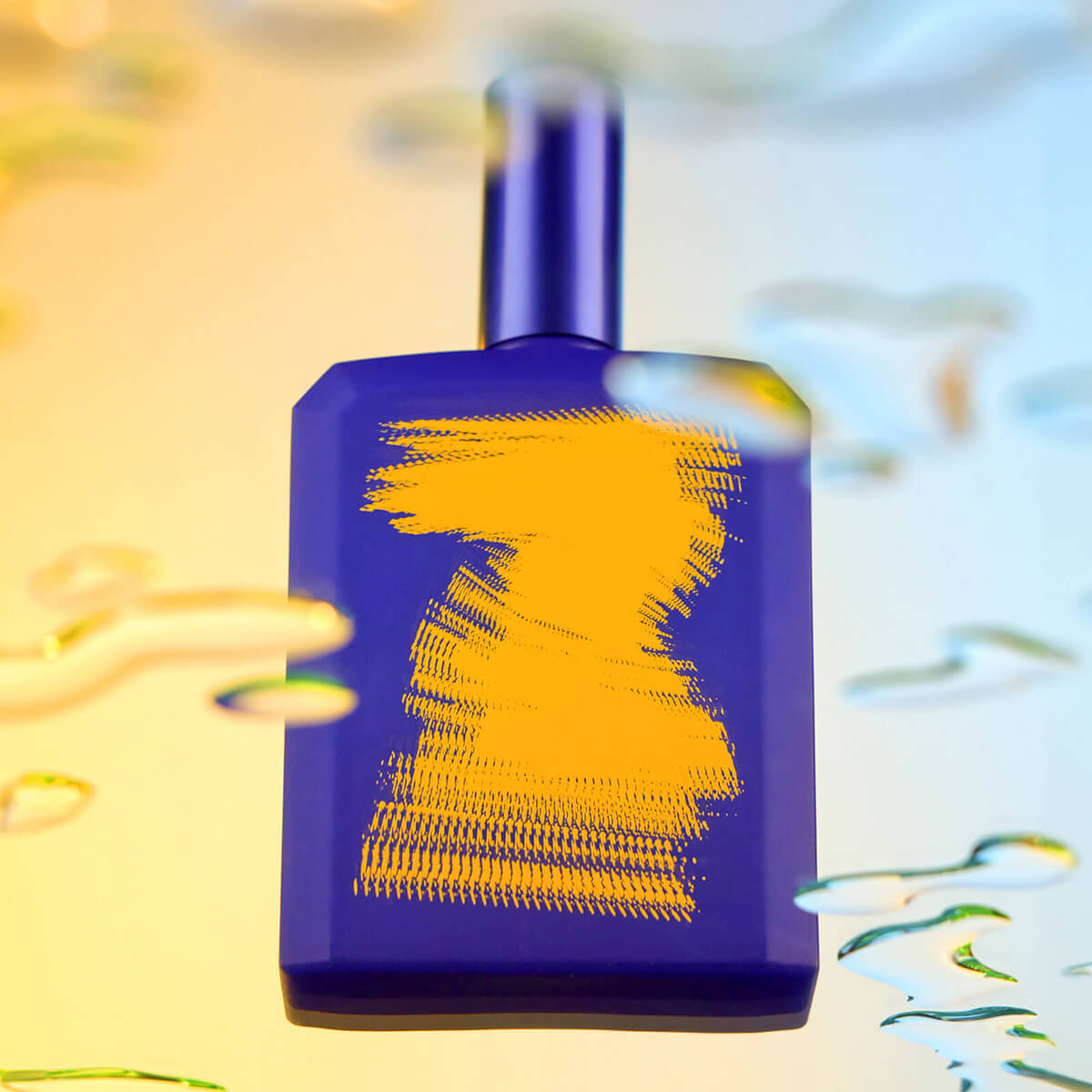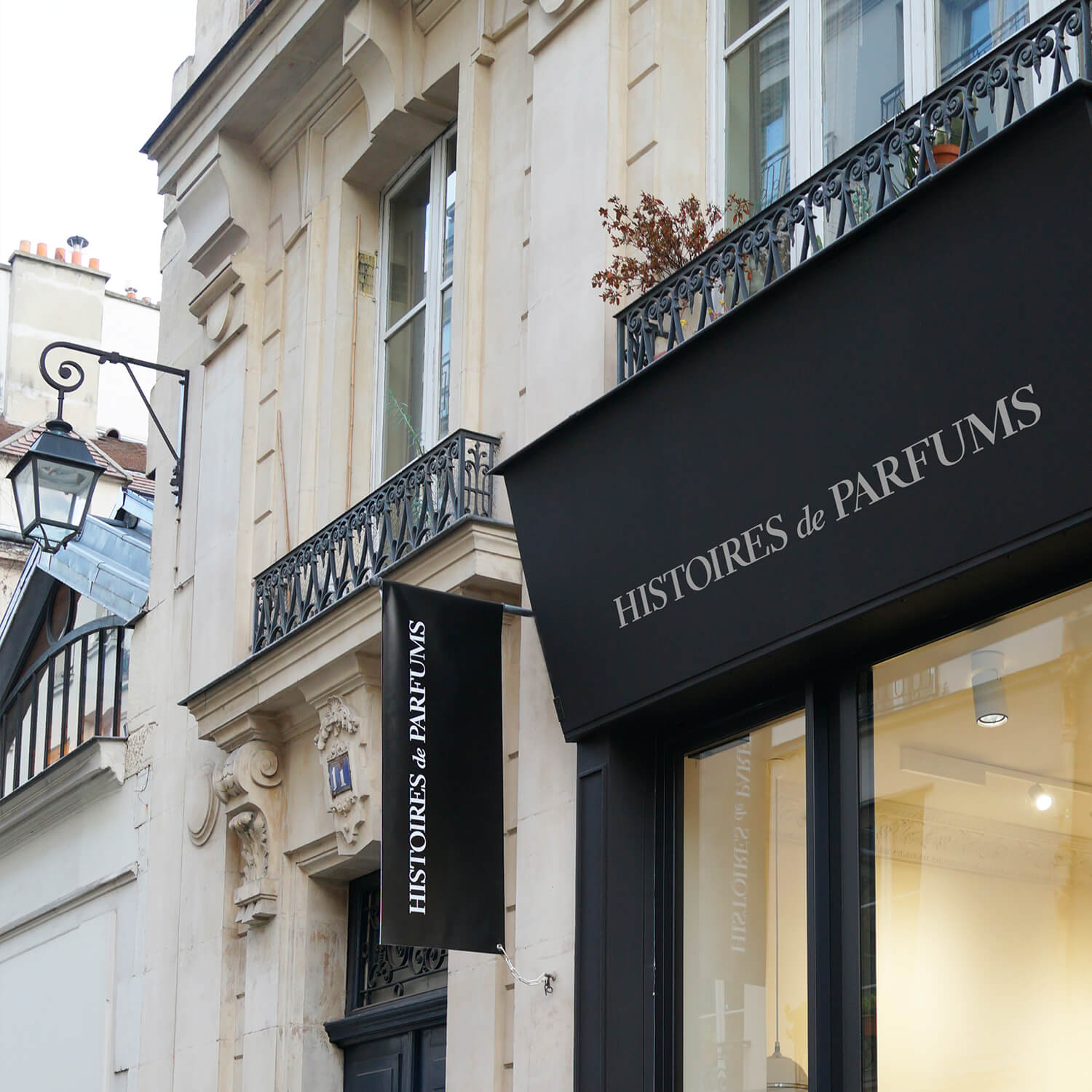October 6th 1889: The Moulin Rouge

The genesis
The Moulin Rougewas born during the Belle Epoque, a unique period in the history of France where carelessness, optimism and hope for a better life thanks to a industrialization across the whole of French society. Social barriers fade, the burghers are slumming in the poor places of the capital. Pop culture is highlighted and despite the expansion of the city, the district of Montmartre retains its village spirit where everyone comes to party.
It is in this particular context that the first Parisian cabarets appeared. October 6, 1889 under the leadership of Charles Zidlerand Joseph Oller, the Moulin Rougeopens its doors. These two figures of the show are also at the origin of the creation of the Olympia, (1893).
An immediate success.
From the inauguration evening, success was achieved. The crowds of the Place Blanche rush to discover this new place of the Parisian party. The show takes place on the stage as well as in the hall where all Paris mixes, dances and parties in a joyful carefree manner.
The influence of the Moulin Rougeis assured by the posters of Toulouse-Lautrec.
Footprints of Japonisme, artistic trend inspired by Japanese art object very popular at the time, they know a huge success and make the Moulin Rougebe known to all Europe.
A success that will continue in the years to follow. With the Universal Exhibition of 1900, it is the whole world that is rushing to attend the show of the dancers of the Moulin Rougeand marvel at their famous Cancan!
In 1907, there appearing for the first time on stage a certain "Mistinguett" who knew a meteoric success the following year thanks to its personality and its exceptional capacity for forthright repartee.
The Mistinguet years
In 1915, the Moulin Rouge was destroyed by a fire. It was not until 1921, three years after the end of the First World War, that the reconstruction work began.
In 1925, Mistinguett became co-director of the Moulin's artistic direction. His creations, "La Revue Mistinguett" in 1925 and the famous "Ça c'est Paris" in 1926 mark the golden age of Cabaret and are still today inseparable from the place.
The departure of Mistinguettin 1929 marked the beginning of the decline of the Moulin Rouge, which lost its soul little by little and finally changed in the late thirties into a ultra modern nightclub.. The decline will be accentuated from 1940 to 1945 with Paris’s occupation during the Second World War: the party is over.
The 50’s, the revival
In 1951 Georges Francebought the Moulin Rougeand began a great work with the sole purpose of giving back the cabaret its splendor of yesteryear. The work of George Francecame to fruition. Year after year, the Moulin Rouge returns with success.
In 1955, kitchens are installed, it is the beginning of "dinner shows" which quickly became a must-have for Parisian evenings. On stage, many accomplished or future artists succeed each other: Charles Trenet, Charles Aznavour, Line Renaud, Bourvil, Roger Pierre ...
The biggest cabaret of the world
In 1962 is a new turning point in the history of cabaret: Jacki Cléricotakes over the reins of the cabaret. Many enlargements and decorations works are undertaken that allow the Moilin Rouge to reconnect with the extravagance of its early years.
February 12, 1988 is the apotheosis! All the world showbiz and the crowned heads come from all over Europe to attend the "Centenary Revue". A show that will not stop been ovaitoned by the public for the next ten years.
Even today, at the foot of the Montmartre hill, the Moulin Rouge illuminates with its wings the Place Blanche, which, at night, is adorned with red for magical evenings, of which only the biggest cabaret in the world has the secret.




Leave a comment
This site is protected by hCaptcha and the hCaptcha Privacy Policy and Terms of Service apply.